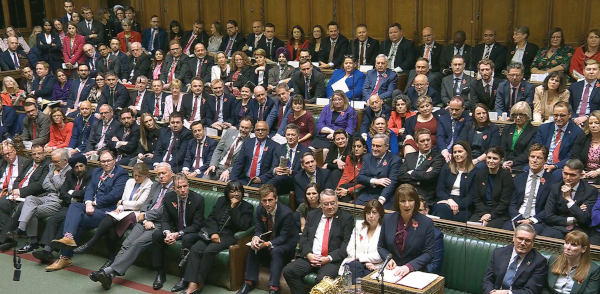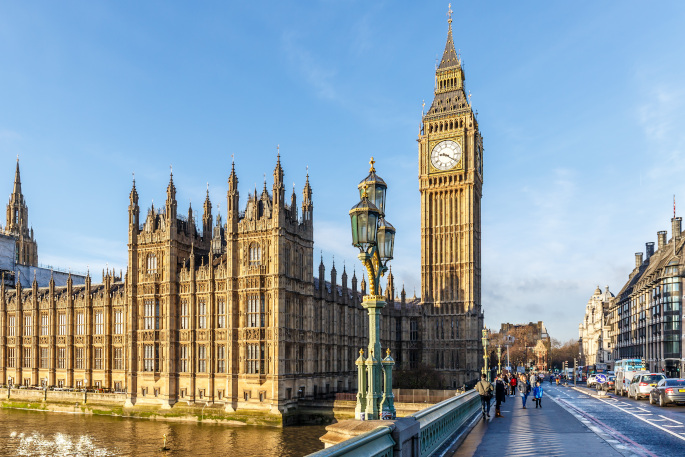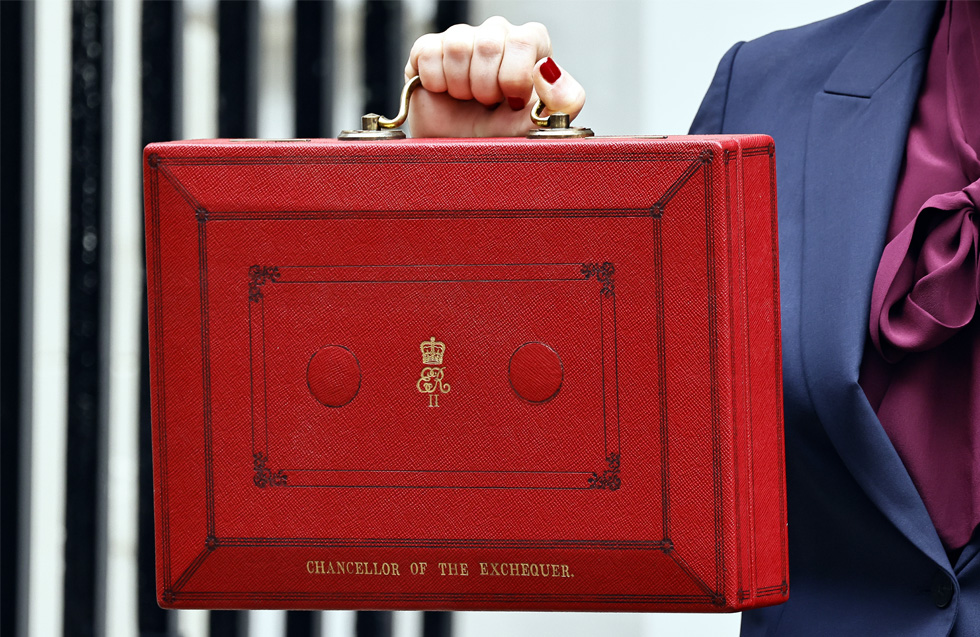Local government reorganisation – and the efficiency savings it will make – were confirmed in Budget documents today.
Plans for unitarisation, which will be detailed in the English Devolution White Paper, were revealed exclusively in The MJ, Highways sister title, earlier this week.
While there was no mention of reorganisation in the chancellor's speech, the small print of the budget documents revealed: ‘The upcoming English Devolution White Paper will set out more detail on the Government's devolution plans, including on working with councils to move to simpler structures that make sense for their local areas, with efficiency savings from council reorganisation helping to meet the needs of local people.'
Overall local government will see budgets for 2025-26 increase to £14.3bn, including additional grant funding of £1.3bn – at least £600m of which is earmarked for social care.
Budget documents claimed: ‘Together with council tax flexibilities and locally-retained business rates, this will provide a real-terms increase in total core spending power in 2025-26 of around 3.2%.'
However, the employers National Insurance rise is expected to swallow up approximately £270m of the funding, with minimum wage increases also impacting on Budgets.
And the Office for Budget Responsibility warned: ‘Pressures on local authority finances remain a substantial risk to our forecast. Local authority spending has fallen from 7.4% to 5% of GDP between 2010-11 and 2023- 24 and is forecast to continue falling to 4.8% of GDP by 2029-30.'
In a Budget that hiked taxes to new record levels, chancellor Rachel Reeves said: ‘I am restoring stability to our public finances and rebuilding public services.'
There will be an additional £5bn for housing investment, £3bn for SMEs and the build-to-rent sector and £50m for planning – including fostering a pipeline of planners for the futur.
Homelessness and rough sleeping will receive additional funding of £233m, taking it to £1bn for 2025-26.
And a further billion pounds was provided to ease the burden on Special Education Needs and Disability, and £1.1bn for the extended producer liability scheme.
There was confirmation of investment zones and freeports, a further year of the UK Shared Prosperity Fund, and a confirmation of £1bn in continued Levelling Up Funding.
There was a commitment to ‘extending and deepening English devolution ‘by building mayoral capacity' on growth, with an end to funding for Local Enterprise Partnership functions, while Greater Manchester and the West Midlands will see integrated settlements.
The real winner of the Budget was the NHS, with a £22.6bn increase in day-to-day spending and £3.1bn in capital budget.
The devolved governments will see and extra £6.6bn in Barnett formula grant for 2025-26 - £3.4bn for Scotland, £1.7bn for Wales and £1.5bn for Northern Ireland, as well as city deals in Northern Ireland and Scotland.
































